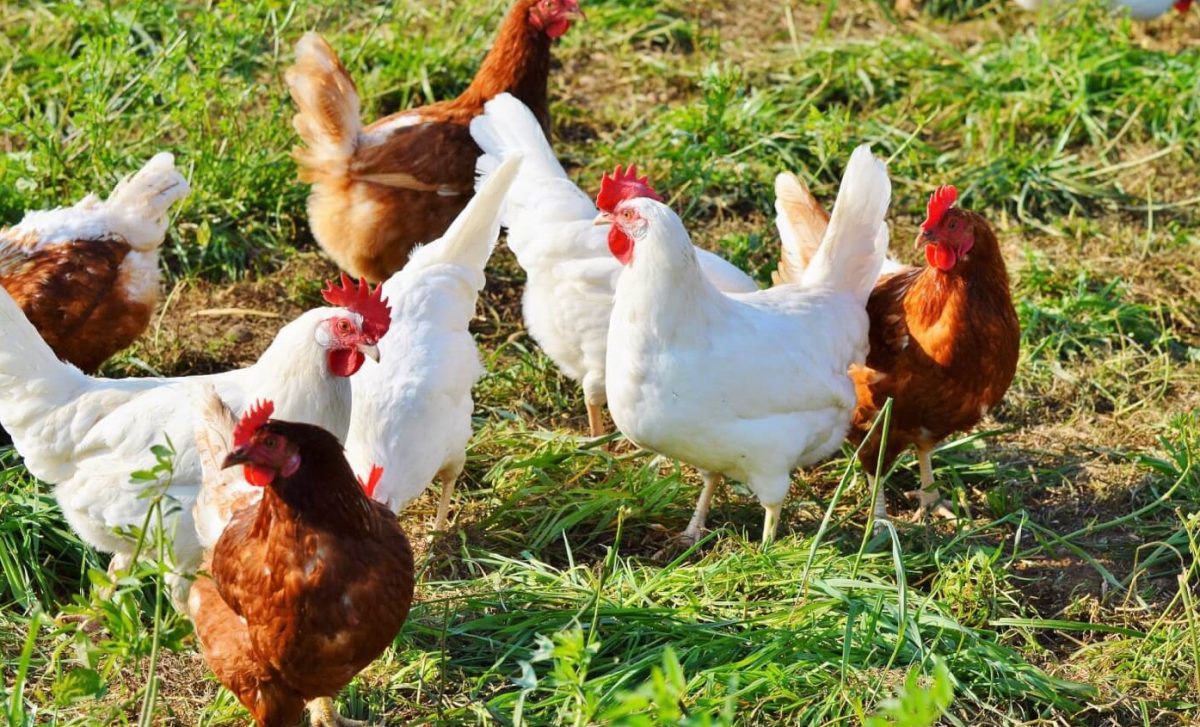Breeding chickens is a fun thing to do. Besides getting eggs and meat, you can find the fun things raising chickens in your farm. Fun and challenging are two best words describing how people think of breeding chicken.
You need to consider some things, such as the breed of chicken you want to raise, the design of the flock for your chickens and so on. To get a slight idea of breeding chicken, you can also read tips to start breed chicken easily.
As beginners, there are some tips you need to know. Don’t worry, it won’t be that hard. Breeding chicken is easy if you are attentive enough to some details. Here are 5 brilliant tips you can follow on breeding chicken. Check them out!
- Breeding Flock
Breeding flock is a place for the chickens, the hen and the cock to mate. An ideal breeding flock can consist of 1 cock and 6 to 10 hens. Once your breeding flock is settled, you have to maintain the cleanliness of it and make sure your chickens inside are healthy and not infected by parasites. Parasite is one of the common reasons your chickens lose feathers. Make sure your chicken doesn’t get infected by any.
- Mating Process
While mating, some cocks will show courting behaviors but not all. Some are romantics, too. Courting behavior might include splaying wings out and dragging them on the floor whilst side stepping.
Cocks will also tend to pick things up and drop them to get attention from the hens. Once the cock gets the hen’s attention, the hen will squat and let the cock to mount her.
Cock will climb on top and hold on to the feathers of the hen’s neck and get steady by himself. “Treading” is the name of this process. The mating process will continue when two of the cock’s vent touch (a cloacal kiss) each other. The whole process of mating would take around 1 minute.
- Fertilized Eggs
Eggs are supposed to be collected regularly even if you plan to have only one of your broody hens to be in charge for hatching the eggs. By doing so, you can choose the best eggs to brood.
Some resources said that keeping fertilized eggs for 24 hours before incubation will ensure successful hatching They won’t turn into embryos unless they go through a correct incubation process. If your hen doesn’t lay any eggs, you can check reasons why hens won’t lay eggs.
Clean hands are a must for collecting eggs. By doing so, you will not pass any pathogens onto the eggs through their porous shells. Be careful not to break the eggs.
Keeping the nest free of any mud or droppings is also important to keep the eggs clean. The temperature of the place for storing the fertilized eggs is also important, they should be stored at 13 degree Celsius in a high humidity place.
- Hatch the Eggs!
To hatch the eggs, you can choose between these two options: using broody hen or incubator. If you are willing to use incubator, it will be more reliable but need extra attention. You might want to check signs your chicken will lay eggs.
If you choose to have a broody hen to hatch the eggs, you can put the broody hen in her own broody box. Broody box should be humid. You can cut some turf to the nesting box area. Turn it on the earth side up and make a small hollow to make sure the eggs stay.
Cover the turf by using fresh bedding. Move your broody hen to the broody box, put some fake eggs to make her used to of it. Wait for one day, and you can put the real fertilized eggs to be incubated by your broody hen.
- Dealing with the Chicks
Chicks and hens should be separated from the flock until the chicks are 6 weeks old. They also should be kept inside for a week as it might be cold and wet outside. Make sure you provide crumbs and water in a specific chick waterer.
Then, after a week you can let the chicks to go outside, especially the short grassy area. Keep them in a secure run to prevent them getting attacked by predators. Their mother hen will train them everything they need to do and know.
During the 6 weeks age, you can introduce the chicks to the flock. Don’t worry, their mother will protect them from any bullying from others, but you also need to keep an eye on them.
If something dangerous seems to start, remove them directly and wait for them to grow a bit bigger to bring them back to the flock. See other steps to raise baby chicks properly for beginners.
After seeing the 5 brilliant tips on breeding chicken, how do you feel about breeding chicken? It is kind of simple, isn’t it? Keeping animals at home is a fun and exciting thing especially if we can maintain their happiness and health. Good luck on being a successful chicken breeder!

